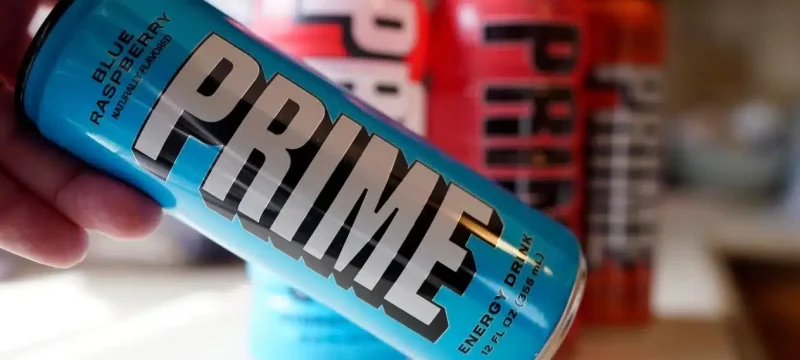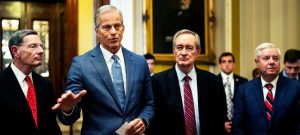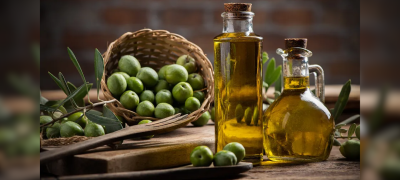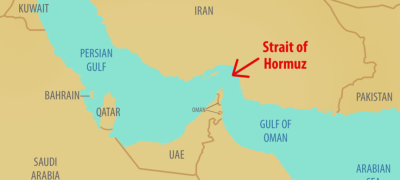With its unusually high caffeine levels, a trendy new soft drink is prompting concerns in the United States that it may be harmful to children, who have been flocking to the beverage since it was debuted by popular YouTube celebrities.
American Logan Paul and Briton KSI, two renowned YouTubers whose funny – and often controversial – videos are devoured by child-heavy viewers, founded Prime in 2022.
Prime Hydration, the first drink, did not contain caffeine. However, Prime Energy was introduced this year.
A single can contains 200 milligrams of caffeine, which is significantly higher than the 30 milligrams found in a can of Coca-Cola or the 80 milligrams found in a can of Red Bull.
The two online stars were seen in a debut video playing video games and table tennis, first slowly and without enthusiasm, then wildly after drinking the beverage.
Many TikTok videos since then have depicted children triumphantly waving the iconic bottles, accompanied to a musical backdrop shouting “We got Prime, boys!”
However, medical professionals warn about the dangers of caffeine consumption in young children.
According to the American Academy of Child and Adolescent Psychiatry (AACAP), children under the age of twelve should not eat the substance at all.
Between the ages of 12 and 18, a daily limit of 100 milligrams is recommended – roughly half a can of Prime Energy.
According to the AACAP, in addition to restlessness, anxiety, and headaches, too much coffee can cause a child to vomit or suffer from high blood pressure or heart rhythm problems. Some kids are more sensitive than others.
Caffeine levels that are ‘eye-popping’
“This product has one true target market: children under the age of 18, and that is why I am sounding the alarm,” senior Democratic Senator Chuck Schumer warned last week.
Prime Energy is available in tastes that may appeal to younger children, such as orange-mango and raspberry-melon
The drink, however, includes “eye-popping levels of caffeine for a child’s body,” according to the Senate majority leader.
The refreshment is trendy because “it is born from the reels of social media and the enigmatic world of influencers,” according to the senator.
Schumer stated that he had written to the head of the Food and Drug Administration (FDA) asking a probe into the caffeine levels in the drink as well as the marketing technique used.
The FDA stated this week saying it is “reviewing the concerns” made by the senator and will react immediately to him.
“We encourage caregivers and families to read a product’s label before giving it to their child,” stated an FDA representative in a statement.
The can does have a discreet line suggesting that the drink is not intended for individuals under the age of 18, albeit the warning may not be evident to everyone who intends to open one.
Read more : This YouTuber Just Made the World’s Biggest Fully Functional iPhone
The FDA, which has previously issued warnings to various companies selling both alcoholic and caffeinated beverages, stated that adults can normally take up to 400 mg of caffeine per day without adverse effects, which equates to four to five cups of coffee.
Market growth
Paul addressed the situation in part in a video shared to social media on Thursday.
He was angered by articles in certain media reporting that Canada had recalled Prime Energy cans, despite the fact that the move was intended to combat illegal imports, as the drink is not officially distributed there.
“Prime formulas comply with the regulatory bodies of each specific country,” he stated.
“Actually, it doesn’t surprise me that we’re being targeted by massive corporate conglomerates and the US government,” he stated, alleging that “we’ve effectively created a beverage so disruptive that it’s eating the market shares of the world’s largest companies!”
The energy drink market is thriving and increasing, and supermarket shelves in the United States are loaded with a variety of brands.
Prime sold $250 million in merchandise in its first year of business, Paul previously stated in an interview.





